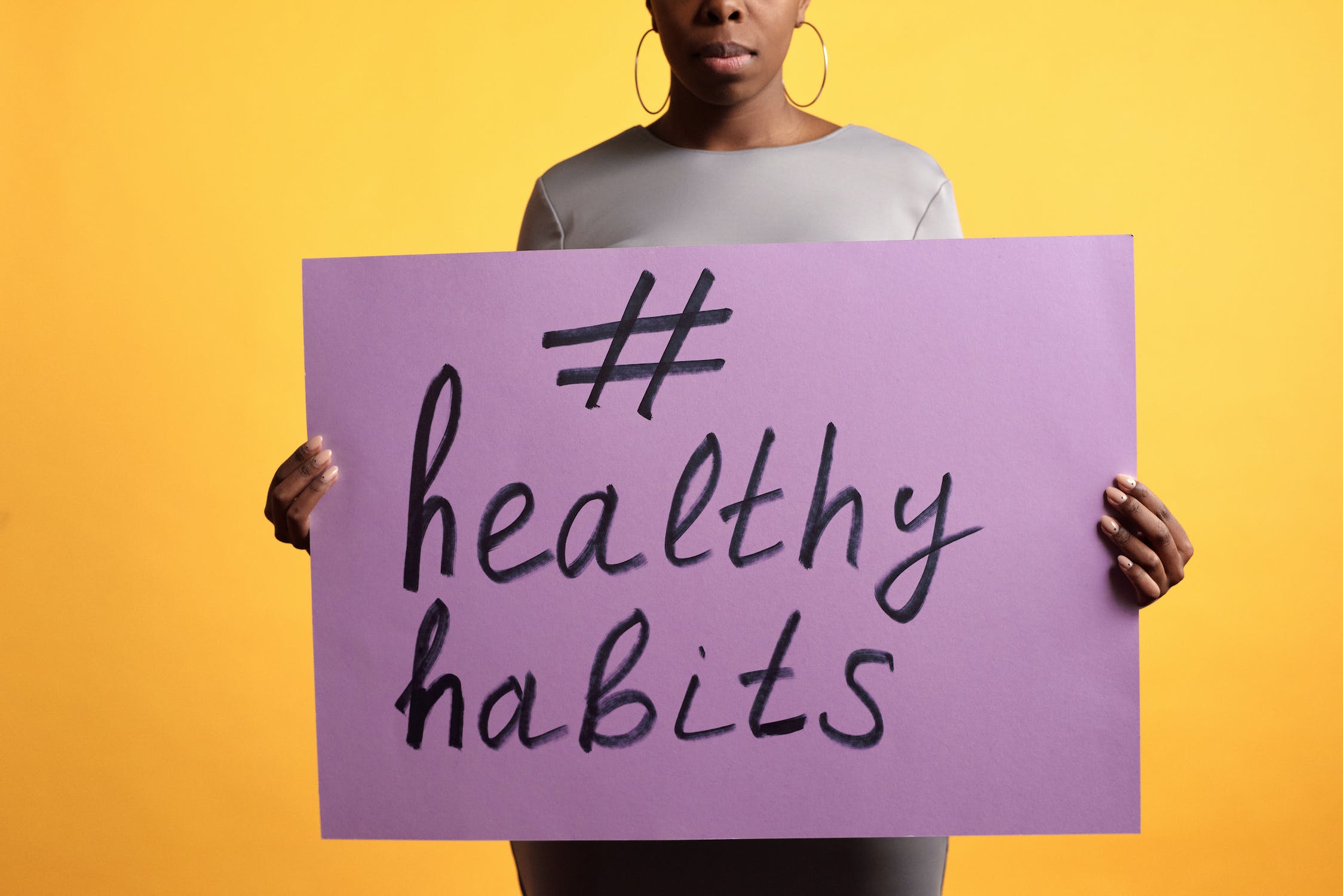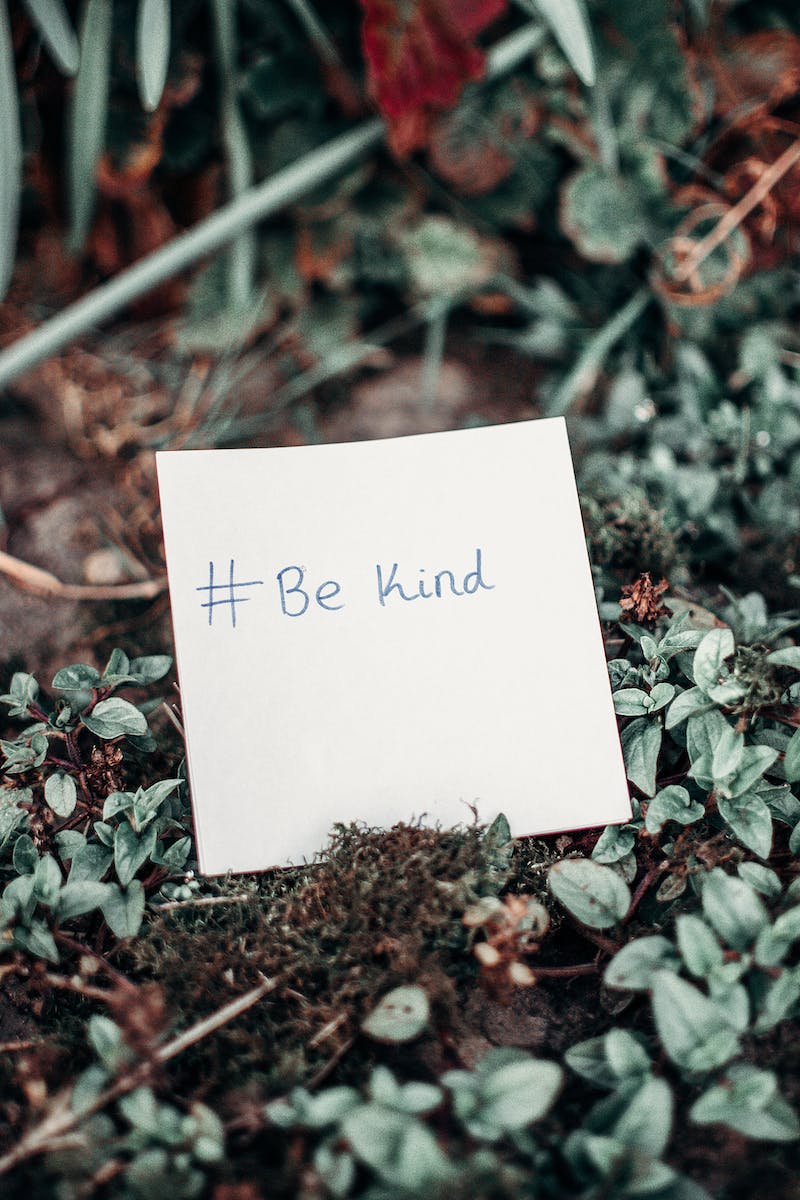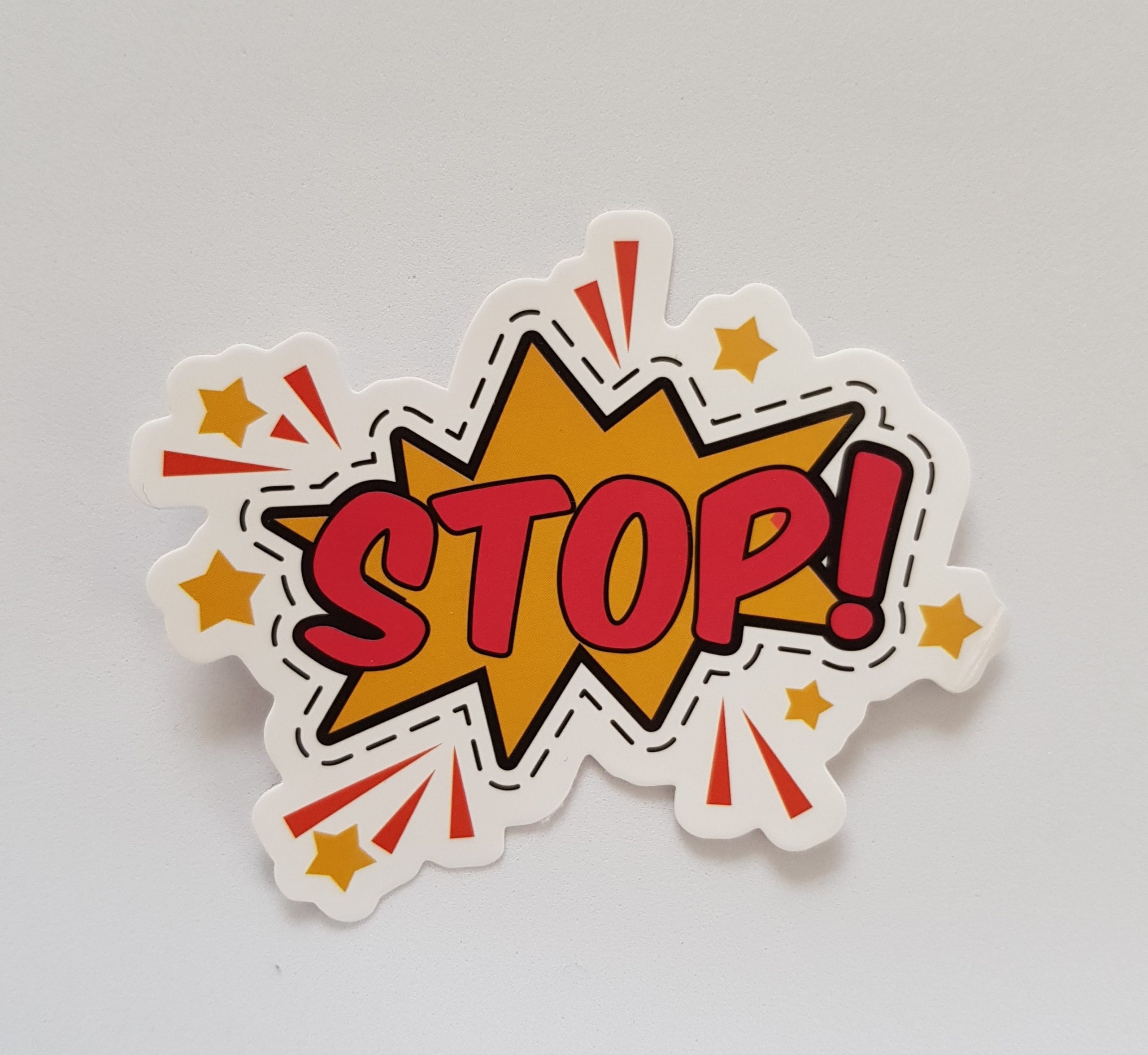
‘Hiya, how are you?’
‘Yeah, I am good thanks’
‘See ya.’
The above was a quick exchange of words I had when passing a colleague in the corridor at work recently. It made me think about how asking someone ‘how are you?’ has become a variation of hello or all right. Culturally, we are not expected to answer honestly anyway, so the whole exchange is a bit meaningless.
I have often asked students ‘how they are’ with a genuine interest for their welfare, however, it is often answered with a… ‘yeah, I’m good thanks, how are you?’ A more appropriate question would be to ask someone, ‘how do you feel about being asked how you are?’ Then you would get a more open and honest answer. We live in a culture that likes to keep up appearances, give the impression we are coping, even if it is dark and stormy beneath the surface. The paradox is, if someone did ask with a genuine concern to know how we are, we may struggle to answer openly and truthfully.
Personally, I do not like being asked how I am. It can make me feel uncomfortable if I am not in a positive state of mind and I will usually answer with a vague approximation ‘Yeah, I’m good’ and look to deflect the question. There is something weird about being asked ‘how are you?’ These three simple words when put as a question are imbued with ambiguity and open to interpretation. We may not want to acknowledge how we are; we may not want to tell someone else how we are, we may not actually know how we are, or we may not know how to express how we are or identify with what we are feeling.
Given our internal experience is made up of a myriad of emotions, bodily sensations, physiological reactions, memories, internal monologue, varying energy levels, mood states and mental activity, that are also shaped by our interactions with the external world, it can be difficult to know what or how we are feeling from a general blob of ‘meh’. We are never just feeling one thing. It is more of a body-mind state that we are experiencing.
Thinking about how we feel and using language to describe what we are feeling is nuanced, difficult and can often feel inadequate. That is why we tend to say we are ‘okay’, ‘fine’, ‘alright’ or ‘good thanks. It is just easier and less hassle. Or we do not have the time, inclination or emotional literacy to know what we’re feeling.
Alexithymia is a clinical term used to describe difficulties identifying, describing, and expressing emotions. It can be common in individuals with Autism and AD/HD, and individuals who have experienced early trauma and neglect. In fact, the word Alexithymia is a word made from Greek parts meaning, roughly, “no words for emotion.” Often, individuals with it know that they are experiencing an emotion but do not have an internal label or marker for it.
It can consist of:
- Trouble finding the right words to describe what you are feeling
- Difficulty expressing emotions using verbal words
- Difficulty discriminating between emotions and bodily sensations
- Difficulty in identifying faces and facial expressions.
Given that emotions and feelings are there to be felt and are part of the human condition, it is important we understand and connect with them as best we can.
However, the next time you want to know how someone is, remember it is probably dependent on the genuineness of your enquiry, how you the phrase the question and their interpretation of it. Perhaps some better questions than ‘how are you?’ are:
- How are you holding up today?
- How is your day been so far?
- I noticed you looked a bit caught up earlier and wanted to check-in to see if you are, okay?
- If there is anything you would like to get off your chest and you think it would help, I would love to chat.
- I hope you are okay but if you are not okay, then I am here to talk about it, okay? :0)
- I am feeling really stressed today, how are you coping. Fancy a catch-up?
These questions tend to carry less charge and feel a bit friendlier which may help to elicit a more meaningful and open response.
In my next few blogs, I will discuss some strategies and tips for reading your own emotional barometer and improving your emotional literacy.



